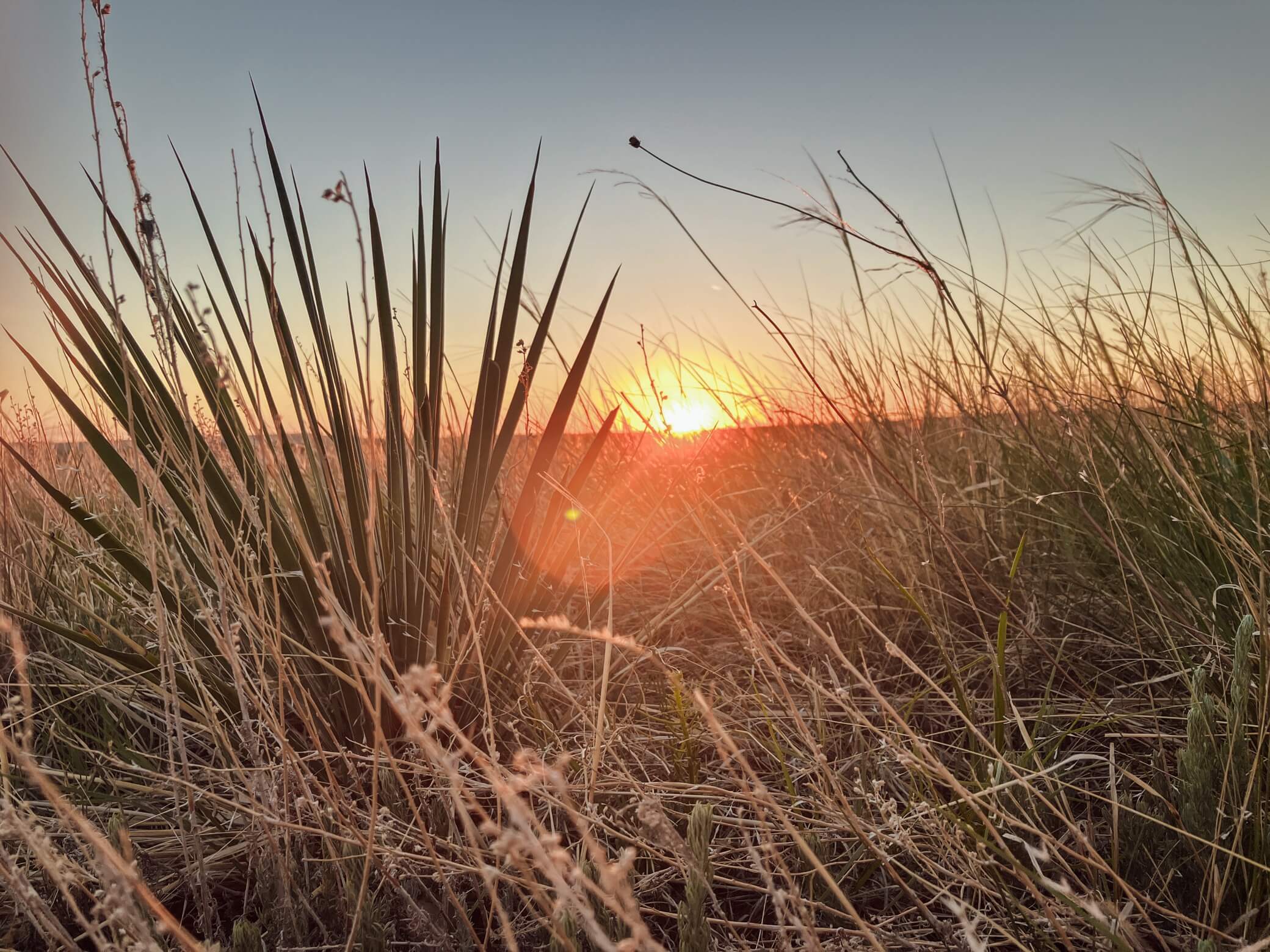We stand together
For a Better Future for All
Quivira Coalition envisions a world where working lands and those who steward them provide for the health of rural economies and communities, heal social injustice, and regenerate climate, land, water, and ecosystems. We believe that regenerative agriculture is a crucial piece of our food systems, our land stewardship, and our solutions to climate change. Our relationships to one another are a key tenant of our work. Our equity statement¹ will help guide how we engage with those in our community and within Quivira.
We are also painfully aware that agriculture in this country and around the world was built on, and continues to benefit from, slavery, land theft, extractive profit, and the exploitation of Black, Indigenous, and other communities of color. Further, the effects of climate change, inequitable food distribution, and food insecurity disproportionately impact communities of color, as they have been denied access to land, resources, healthy soil and water. Communities of color have been at the forefront of resisting industrial monoculture agriculture by defending the right to cultivate heritage seeds and breeds, maintaining traditional and cultural foodways, and keeping farming active and alive on the local scale. Their knowledge and work continues to have impacts in their communities and others. For agriculture to be truly regenerative, change must address issues of injustice when and where they arise.
Even though our founders were ahead of their time by bridging the divide between agencies, environmentalists, and ranchers, and advocating for how ranches and grasslands could restore ecological, social, and political health to a landscape, Quivira was mostly a white-led organization at its beginning. While a lot of the early projects Quivira worked on were in partnership with communities of color, the original Radical Center meeting,² which was a seminal moment in the organization’s history, did not have diverse representation. We acknowledge that this lack of diverse people, perspectives, and experiences in the early years of our organization set Quivira on a path that would, for a long time, continue to perpetuate inequality within the work that we were trying to do; equity and inclusion were not central to our work.
Today, we at Quivira know that people exist in a world of multiple identities and that those characteristics make how they engage with their work and the world more complex. Along with racial and cultural identities, we are taking into consideration: family responsibilities, religion, gender identities, sexual orientations, age, disabilities, and so many more. We are re-committing Quivira to diversity, equity, justice, and inclusion on all levels and corners of our work. With this in mind, we commit to:
- Amplifying the voices of — and making space at tables for — those historically underserved or underrepresented within agricultural systems through our work and partnerships.
- Supporting our team through policies and practices that are transparent and equity-based and continually evaluating their effectiveness.
- Continued opportunities for staff and our community to learn about the historical context of the Radical Center, how we define it now, and what it means to our work going forward.
- Learning about and modeling inclusive behaviors that will challenge systems that perpetuate oppression and inequities in the food and farm system.
- Periodically reviewing our equity statement, and draft accompanying vision and strategy pieces that will serve as a guide to align our internal and external work.
- Continuing to offer our knowledge and resources in an open-sourced format;³ we understand that previously, certain groups weren’t given access to knowledge and the power that comes from that. We also want to be cognizant about the importance of data integrity⁴ and how communities of color haven’t always had full authority over their own data and/or how it was used.
We know that in order to build a strong staff and realize our true collective impact, we must empower our own internal team first and foremost. We will continue to identify other courses of action to not only make Quivira anti-racist and equity-focused, but to motivate our community to reflect on, and take action in, areas where injustice and equity can and should be addressed within spheres of influence. While we remain dedicated to holding ourselves accountable to this work and learning from our mistakes, we also ask our coalition to walk alongside us on this more equitable path. At Quivira we want to be a reflection of the communities where we work and diverse people we serve and support.
This is a living document – the value of the process is through regular review and revision. This serves as a guidestone for how we do our work internally and externally.
_____________________
¹Equity vs. equality: https://www.raceforward.org/what-racial-equity-0
²Radical Center: https://quiviracoalition.org/radical-center/
³Open-source format: https://opensource.com/open-source-way
⁴Data integrity: https://www.gida-global.org/care + https://www.fpc.gov/resources/fipps/

